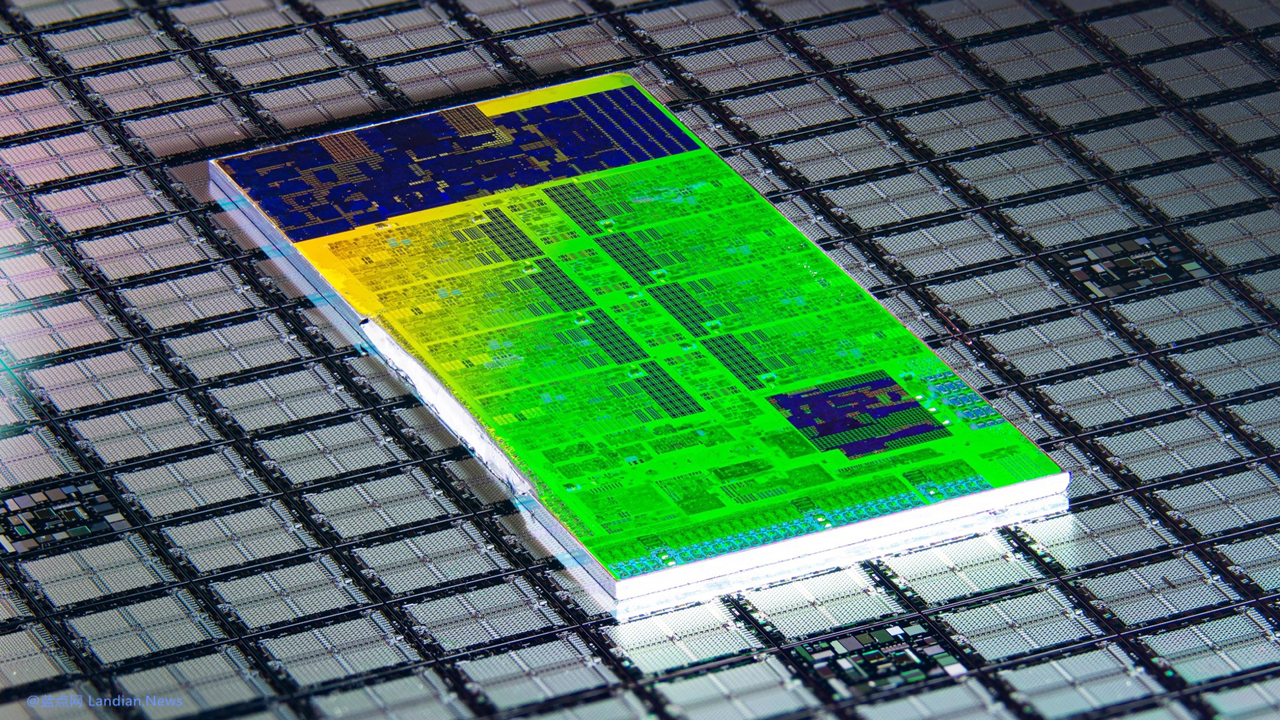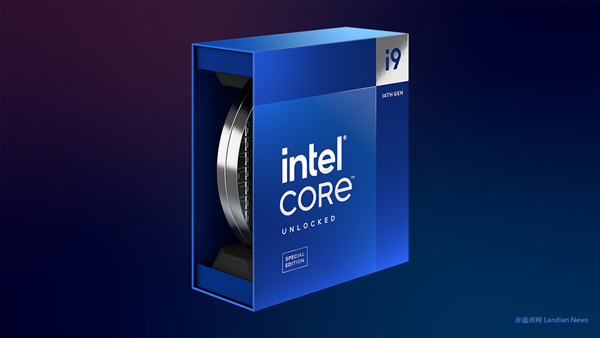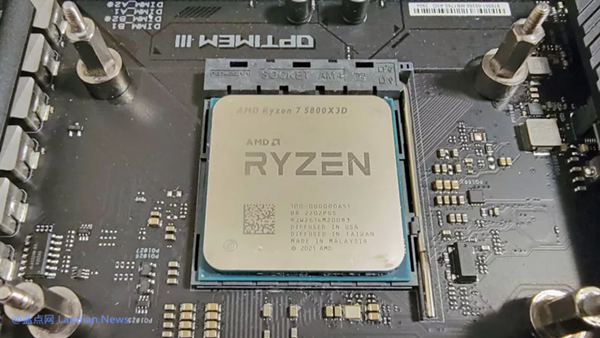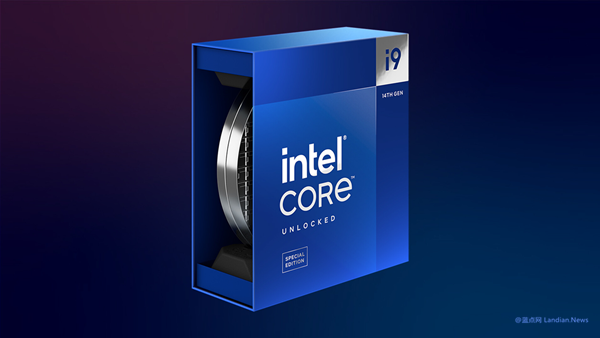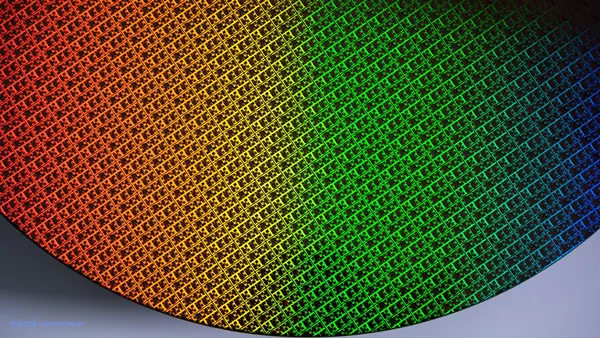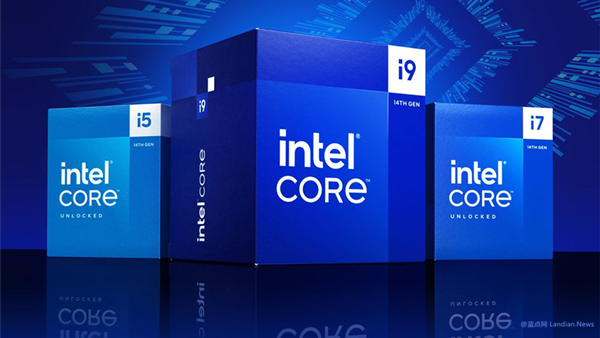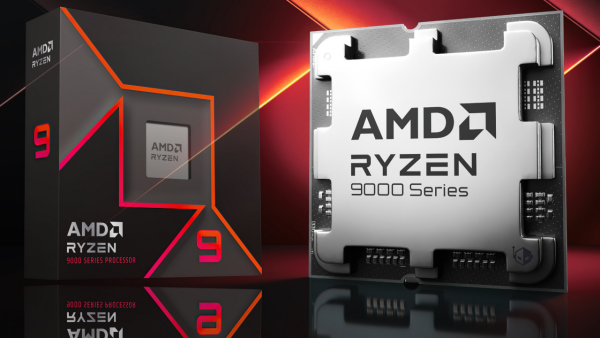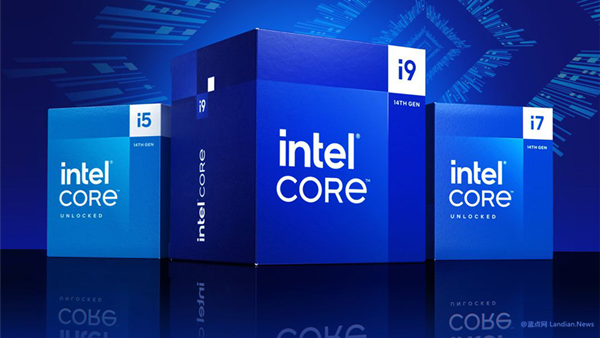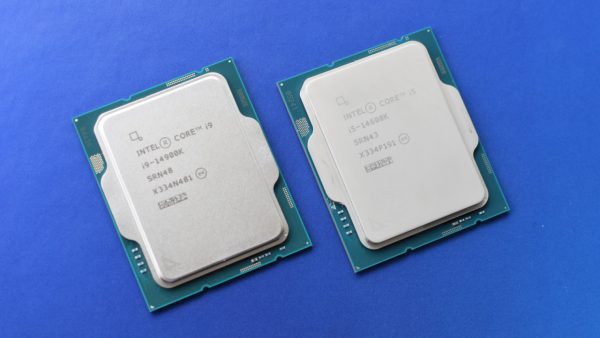Intel Reiterates: 13th/14th Gen Mobile Processors Unaffected by Crash Issues – Believe It or Not…
The buzz around Intel's 13th/14th Gen Core desktop processors' issues has more or less settled down. Intel has acknowledged that these processors' microcode issues lead to excessive voltage usage, not only causing instability and crashes but also irreversible hardware damage. Consequently, Intel has been offering a replacement service for affected customers.
However, this microcode update and replacement service are limited to desktop processors, as Intel asserts that their mobile processors, designed for laptops, are not affected by this issue.
This claim raises questions: numerous users have reported frequent crashes while gaming on laptops powered by the 13th/14th Gen Core mobile processors. Moreover, some game publishers, after conducting investigations, believe these mobile processors share the same quality issues.
With increasing discussions, Intel has once again emphasized that the 13th/14th Gen Core mobile processors are largely unaffected by these instability issues, stating in their declaration that these processors are generally not impacted by the instability problem.
Intel has not provided much explanation, leaving users puzzled whether the game crashes are due to software, system, or processor issues. Even if Intel manages to gloss over, there’s not much the public can do.
Discussions on the landian WeChat public account highlight a consensus: Intel would likely never admit to any issues with their mobile processors, as the ramifications of such an admission are unimaginable.
The reason is straightforward: mobile processors used in laptops are soldered onto the motherboard, making them difficult to replace. If OEMs were to cooperate with after-sales service for repairs or replacements, the financial cost would be astronomical.
Thus, both Intel and OEMs would prefer to avoid such a scenario, opting instead to stabilize their consumer base, continue investigations, and possibly release BIOS firmware updates to optimize and reduce crashes. A full replacement seems utterly unlikely.
Of course, it's also possible that these processors are indeed faultless, requiring no microcode updates or replacements.
